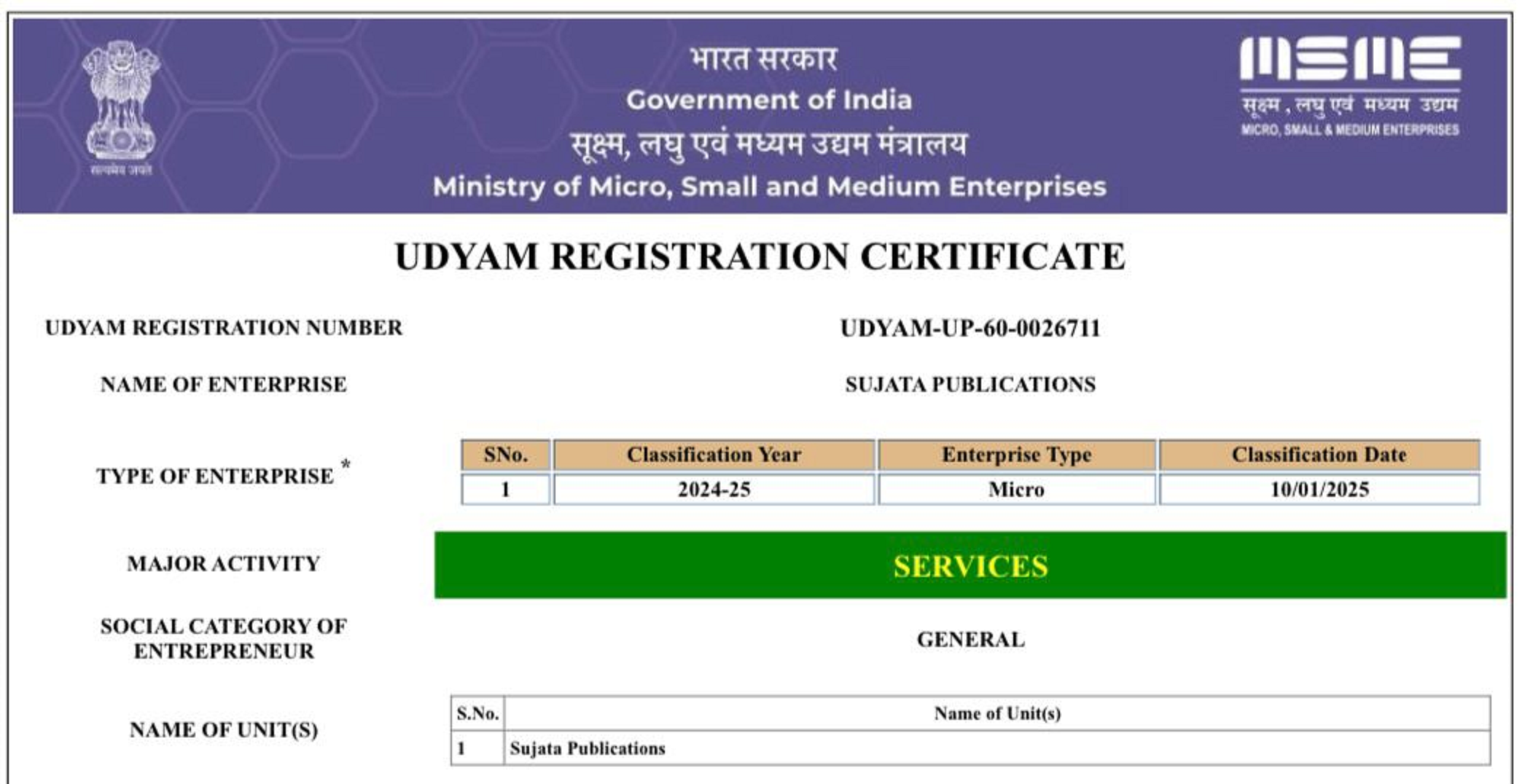Therapeutic Promise and Toxicological Concerns of Tea and Coffee Consumption: A Systematic Evaluation of Their Roles in Cancer Prevention, Cardiovascular Protection, and Age-Related Degenerative Diseases
DOI:
https://doi.org/10.62896/ijpdd.2.6.12Keywords:
Tea, Coffee, Polyphenols, Caffeine, Cancer Prevention, Cardiovascular Protection, Neurodegeneration, Toxicology, Antioxidants, Bioactive CompoundsAbstract
Tea and coffee are among the most widely consumed beverages worldwide, offering not only sensory enjoyment but also potential health benefits due to their rich content of bioactive compounds such as catechins, chlorogenic acids, and caffeine. This review systematically evaluates their dual role—both therapeutic and toxicological—highlighting their contributions to cancer prevention, cardiovascular health, and the mitigation of age-related neurodegenerative diseases. Evidence from epidemiological studies, in vitro and in vivo research, and clinical trials suggests that tea and coffee exhibit antioxidant, anti-inflammatory, and neuroprotective activities through diverse mechanisms, including modulation of gene expression and cellular signaling pathways. However, excessive consumption or poor processing methods can lead to adverse effects such as caffeine toxicity, iron malabsorption, and exposure to contaminants like acrylamide and mycotoxins. Factors such as beverage type, preparation method, genetic polymorphisms, and lifestyle significantly influence the risk–benefit profile. Comparative analysis underscores the importance of individualized consumption strategies. The review also identifies research gaps, especially in long-term randomized controlled trials and bioavailability studies, to better understand the health implications of tea and coffee intake.
Downloads
Published
Issue
Section
License
Copyright (c) 2025 Sujata Publications

This work is licensed under a Creative Commons Attribution-NonCommercial 4.0 International License.
















